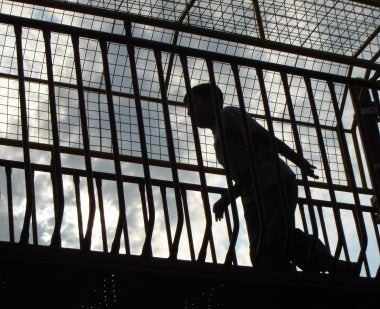

U.S. News & World Report: Keeping Migrant Kids in Detention Centers and Shelters Can Damage Them

Separating migrant children from their parents and placing them in detention centers and shelters could result in long-term negative health effects, according to a recent article published by U.S. News & World Report. University of Maryland College of Education professor Nathan Fox weighed in on the issue.
“What most institutions are missing is interaction, the ability for an infant or a child to interact with an adult caregiver, so if they’re upset, the adult caregiver can respond in a warm and reassuring way,” Dr. Fox said to U.S. News & World Report. Neglect in institutions leads to negative consequences for cognitive, social and emotional development, according to Dr. Fox.
Dr. Fox is the director of the Child Development Laboratory and a distinguished professor in the Department of Human Development and Quantitative Methodology. His research focuses on temperament, development of emotion and emotion regulation, developmental psychophysiology and infant cognitive/social development.



